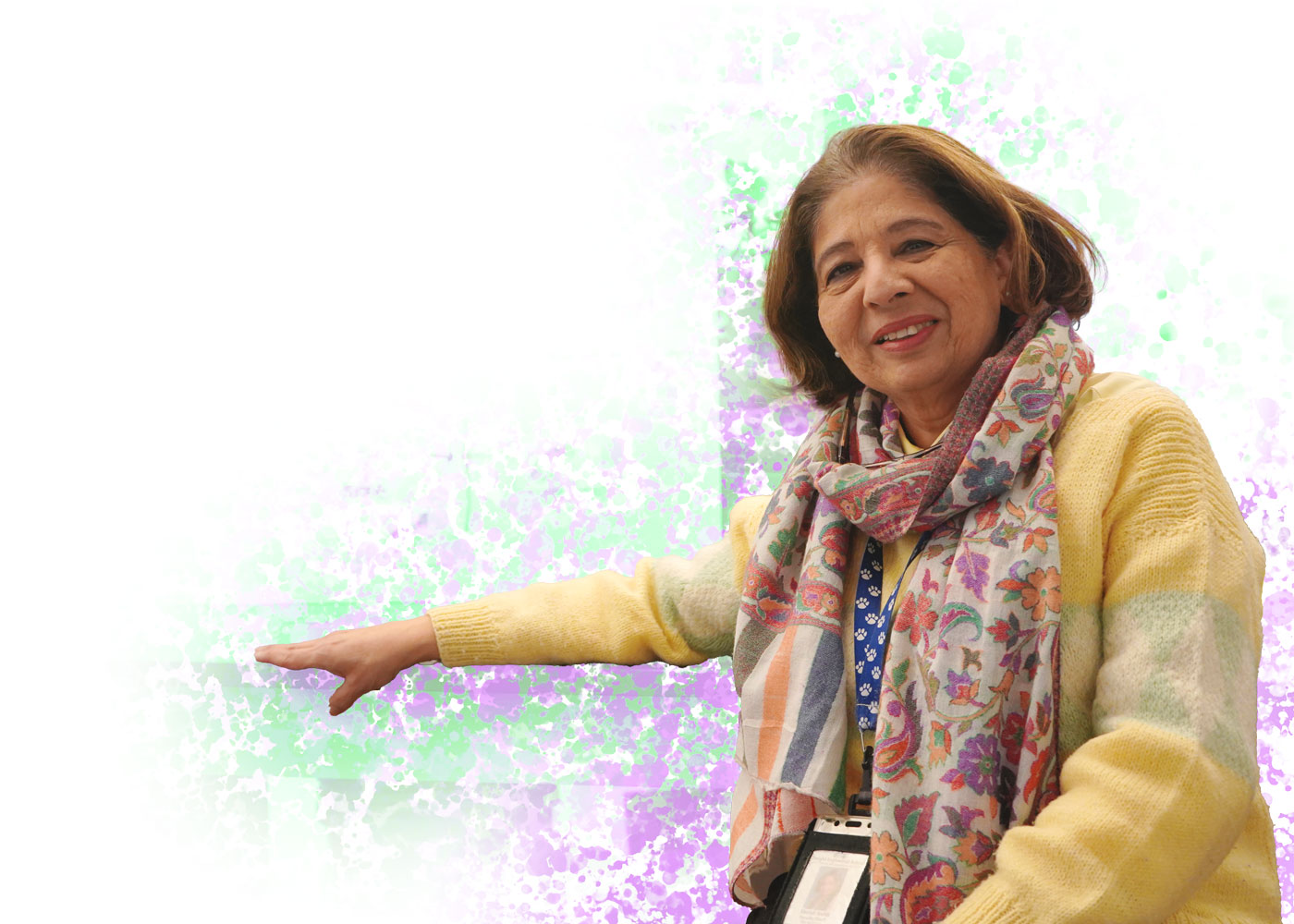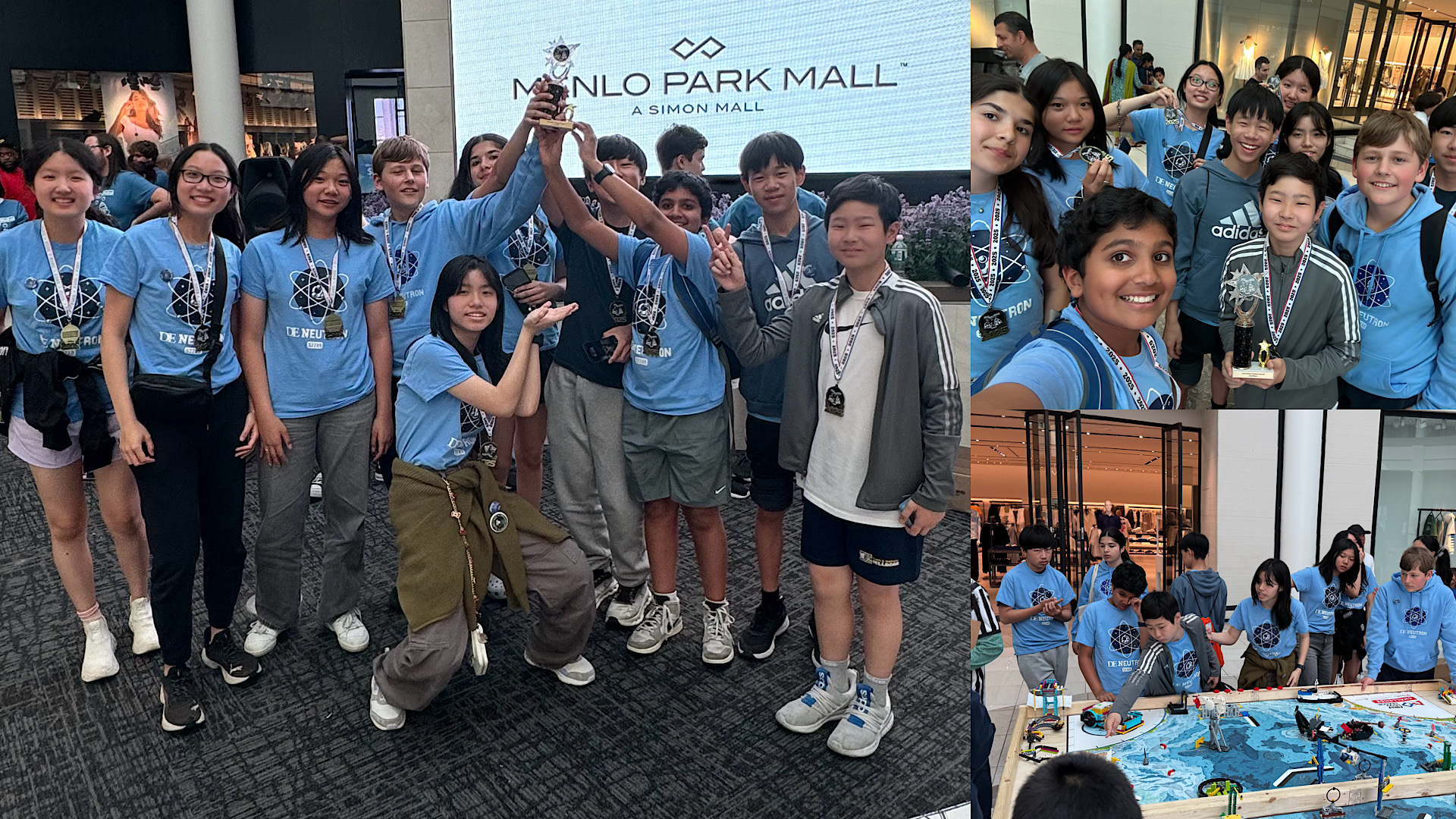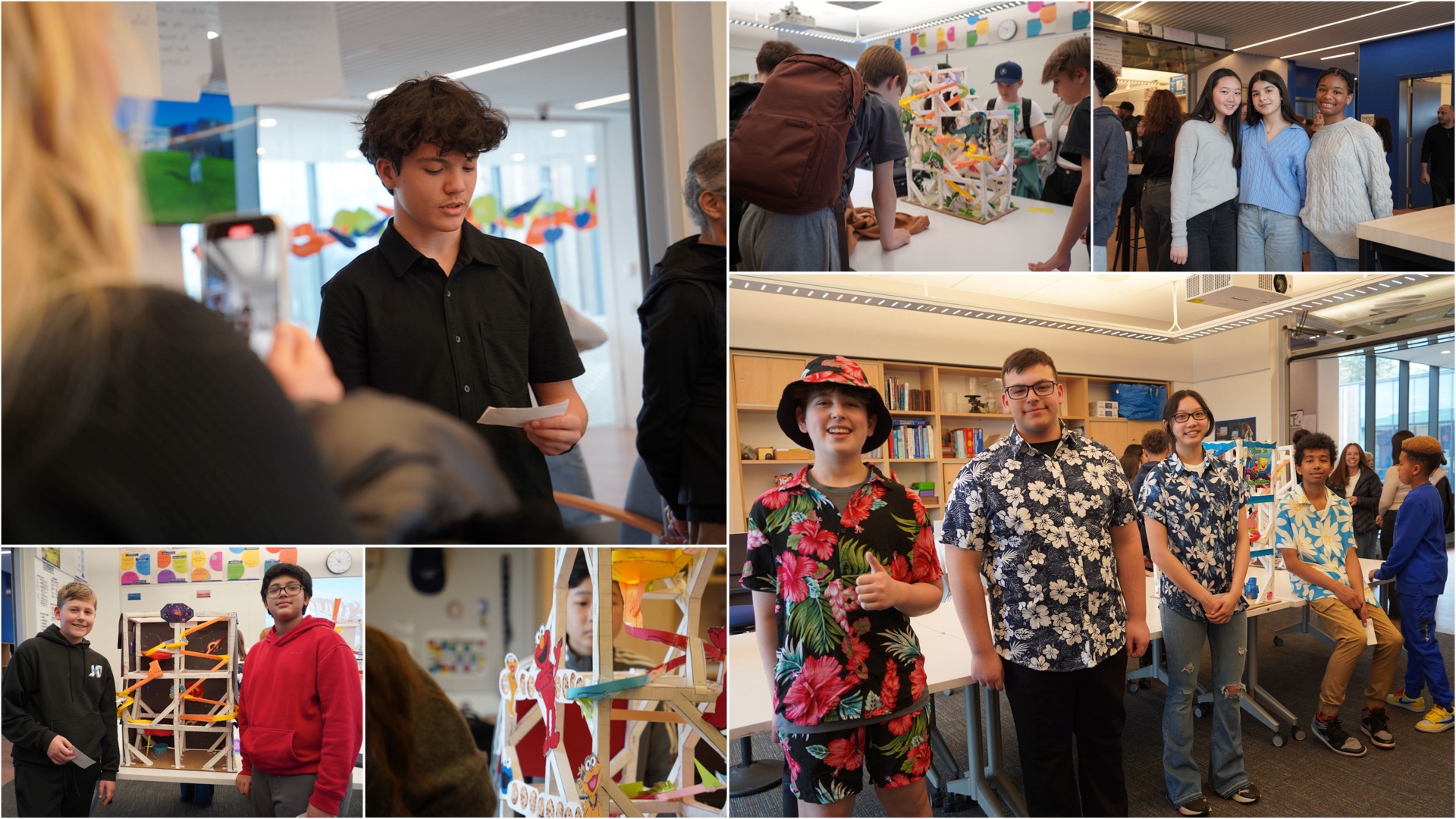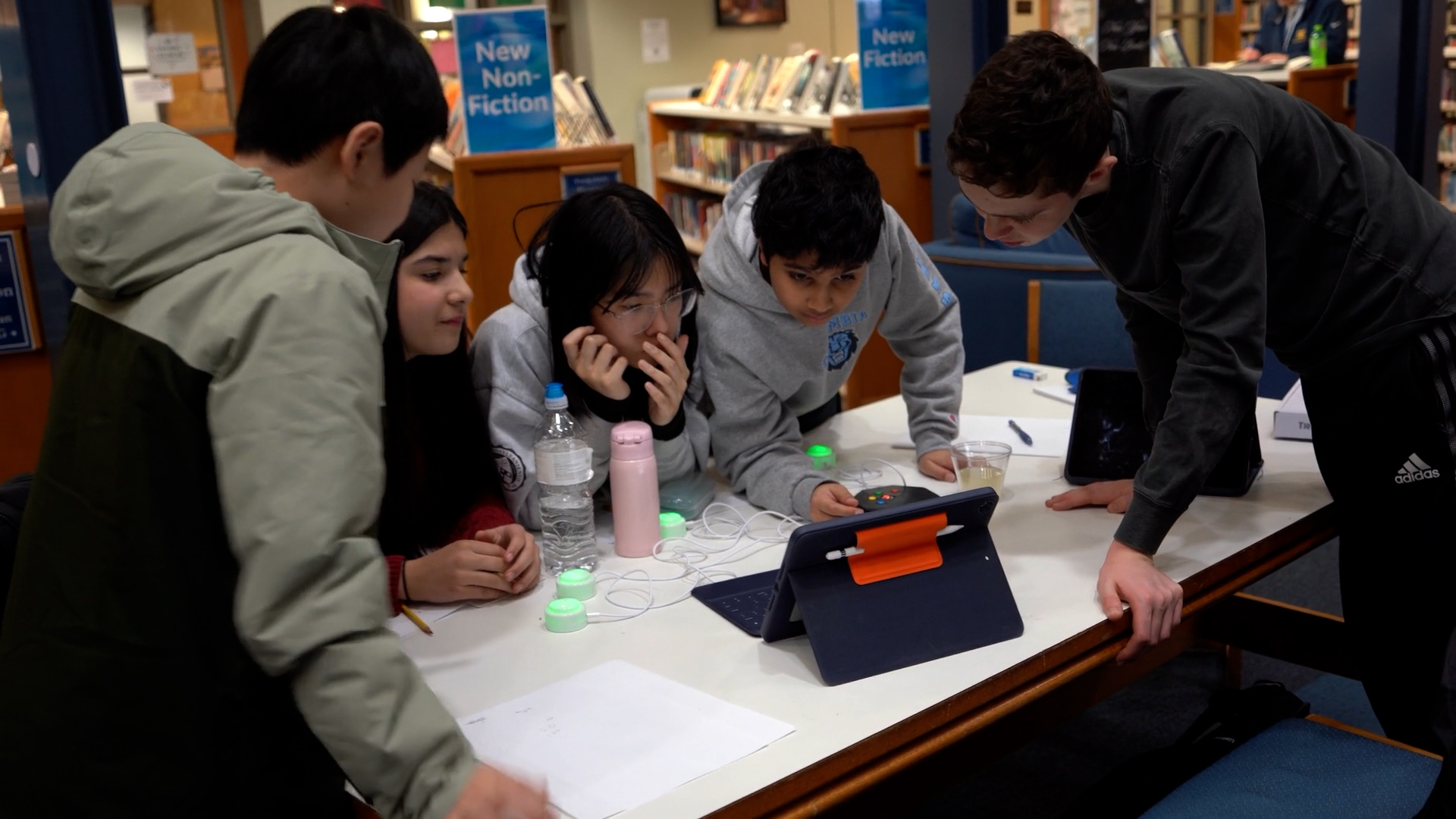With over 20 years in teaching science around the world, Shefali Nefdt is a seasoned and passionate science educator, “I’m not a teacher that believes in too much lecturing,” Shefali said, “I like to give ownership of learning to my students. So here I am a facilitator, a guide.”
Shefali would describe her upbringing as a “third culture kid,” having always traveled during her childhood and then as a professional. She has taught in Zambia, Ethiopia, Germany, and Kenya, teaching IB Chemistry and IB Biology. Shefali holds a BS in Chemistry and Biology from the University of Allahabad and graduate degrees from the University of Sheffield and Goddard College.
Now at D-E, Shefali brings her experience teaching IBC II (Integrated Biology and Chemistry) and AP Biology. Her arrival to the New York Metropolitan Area instigated a new, exciting project to bring to the classroom: studying oysters.
After reading about New York City’s Billion Oyster Project (BOP), a project aimed to restore oyster reefs in New York, Shefali took no time to receive her training the summer she arrived to D-E. BOP provided her with an aquarium and young oysters to grow and monitor. She aimed for AP Biology students to have a hands-on learning experience, learning how to measure pH, temperature, ammonia and nitrate levels, chemicals, and phosphates. All the data is then collected and fed into citizen-driven data: Public service and environmentalism meet in the classroom. Shefali laughs when students comment on how slightly colder her classroom is compared to others’ classrooms, as she needs to mimic the Hudson River’s temperature for the oysters’ sake.

Teaching biology and chemistry is Shefali’s bread and butter and she is excited that AP curriculum has shifted more towards scientific application, noting that “I would say I love the AP curriculum. I just wish sometimes I had more time since the course is incredibly fast paced.”
Despite its rigorous nature, Shefali centers in-class labs as an important site of inquiry. At the time of interview, AP Biology students were studying fruit flies, observing how both Mendelian and non-Mendelian genetics occur in real time.
What grounds Shefali’s teaching is the principle of inquiry: that students learn best when they have agency in their education as she quotes the common verse, “you can bring a horse to water but you can’t make it drink.” And with that, the pursuit of scientific inquiry continues!






